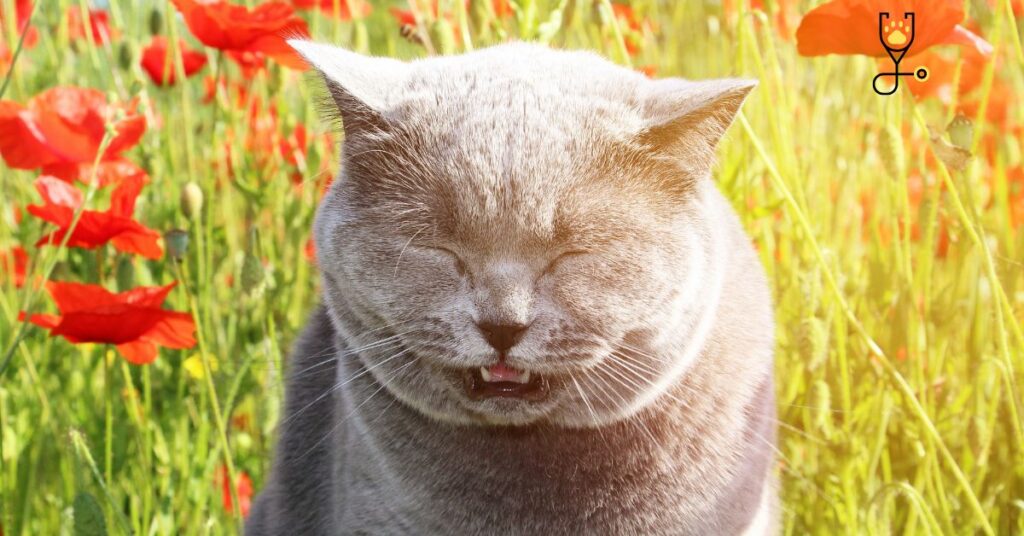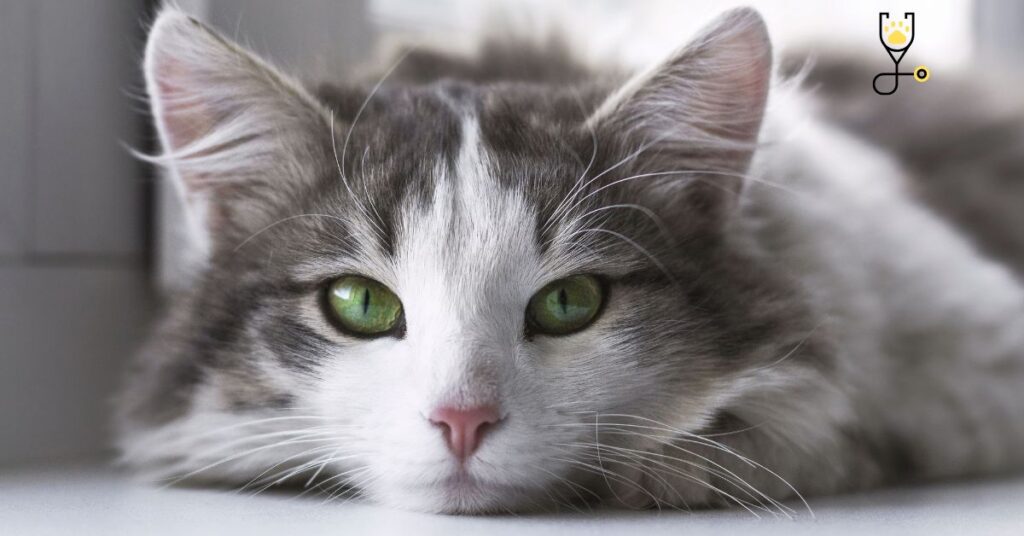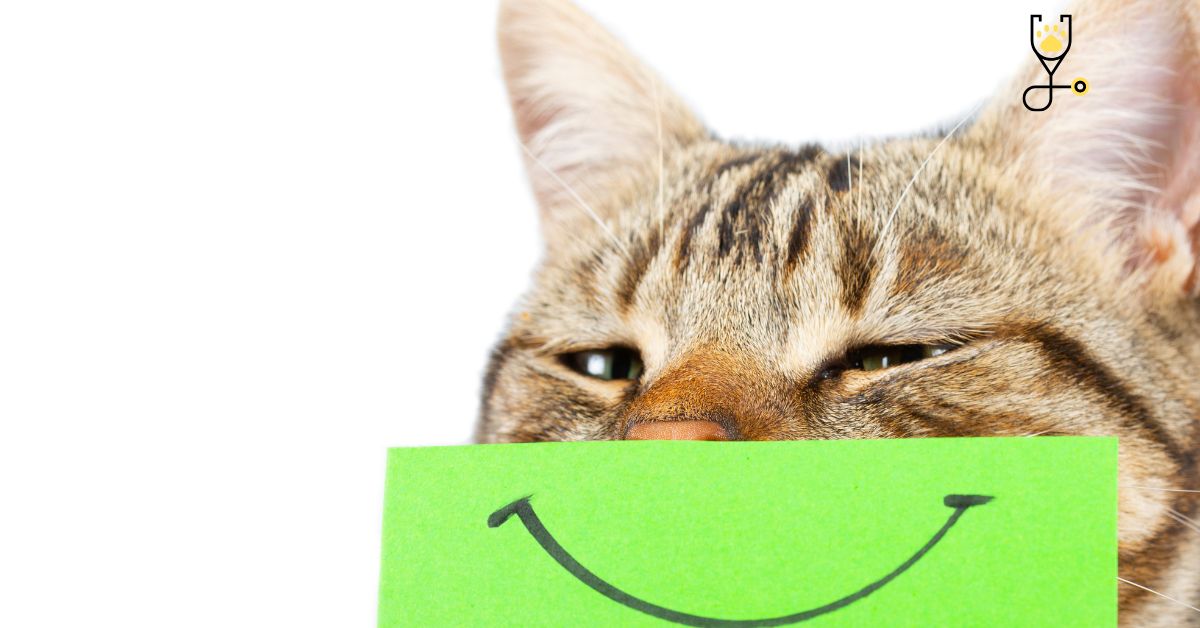If you’re a cat owner, then you should be familiar with the signs and symptoms of conjunctivitis. Conjunctivitis is a common eye infection in cats that can cause inflammation and redness in the eyes. Left untreated, conjunctivitis can lead to other more serious eye infections. In this post, we’ll discuss the causes, symptoms, treatment, and prevention of conjunctivitis in cats. So keep reading for more information!
What is Conjunctivitis?
Conjunctivitis is an inflammation of the conjunctiva, the tissue that lines the inside of the eyelid and covers the white part of the eye. The conjunctiva can become irritated and inflamed due to a variety of reasons, including bacteria, viruses, allergies, and irritants.
What causes Conjunctivitis in Cats?
There are a number of different things that can cause conjunctivitis in cats, but the most common causes are bacteria, viruses, and allergies.
Bacterial Conjunctivitis: Bacterial conjunctivitis is the most common type of conjunctivitis in cats. It’s usually caused by bacteria that are already present on the surface of the eye. These bacteria can enter the eye when the cat rubs or scratches its eyes, or when its eyelids are not properly cleaned.
Viral Conjunctivitis: Viral conjunctivitis is less common than bacterial conjunctivitis, but it can be more serious. It’s usually caused by viruses that are passed from other infected animals, such as through sneezing or sharing food and water bowls.
Allergic Conjunctivitis: Allergic conjunctivitis is caused by an allergy to something that’s come into contact with the eye, such as pollen, dust, or cleaning products. It can also be caused by an allergic reaction to a medication that’s been applied to the eye.
What are the symptoms of Conjunctivitis in Cats?
-Red, inflamed eyes: The most common symptom of conjunctivitis is red, inflamed eyes.

-Discharge from the eyes: Conjunctivitis can also cause a discharge from the eyes, which can be clear, white, or yellowish in color.
-Eye irritation and pain: Cats with conjunctivitis may also experience eye irritation and pain. They may paw at their eyes or keep them closed more often than usual.
-Squinting: Because of eye irritation, cats with conjunctivitis may squint or keep their eyes partially closed.
-Sensitivity to light: Another symptom of conjunctivitis is sensitivity to light, which can make the cat avoid bright areas or sun exposure.
-Loss of appetite: Some cats with conjunctivitis may also lose their appetite.
If you notice any of these symptoms in your cat, it’s important to take them to the vet for an evaluation and diagnosis. Conjunctivitis can be painful and uncomfortable for your cat, so it’s important to get it treated as soon as possible.
How is Conjunctivitis diagnosed in Cats?
Conjunctivitis is typically diagnosed based on a physical examination and a review of your cat’s medical history. Your vet may also recommend some additional tests, such as blood tests or cultures, to rule out other conditions or to confirm a diagnosis.
Treatment of Conjunctivitis in Cats
The treatment for conjunctivitis depends on the underlying cause
1. Bacterial Conjunctivitis: Bacterial conjunctivitis is usually treated with antibiotics, either in the form of eye drops or ointment.
2. Viral Conjunctivitis: Viral conjunctivitis is more difficult to treat than bacterial conjunctivitis and often requires a combination of antiviral medications and supportive care.

3. Allergic Conjunctivitis: Allergic conjunctivitis is typically treated with antihistamines or other allergy medications. If the allergen can be identified, then avoiding it is the best way to prevent allergic reactions.
4. Irritant Conjunctivitis: Irritant conjunctivitis is often caused by something that’s gotten into the eye, such as dust or sand. In these cases, flushing the eye with sterile saline solution is often all that’s needed to relieve the irritation.
- If your cat has conjunctivitis, it’s important to follow your vet’s treatment recommendations. In most cases, conjunctivitis will resolve within a few weeks with proper treatment. However, some cats may require long-term treatment or may be at risk for developing chronic conjunctivitis.
How can I prevent Conjunctivitis in my Cat?
There are a few things you can do to help prevent conjunctivitis in your cat:
-Keep your cat’s eyes clean: Regularly wipe your cat’s eyes with a damp cloth to remove any dirt, debris, or discharge.
-Avoid sharing food and water bowls: If possible, avoid sharing food and water bowls with other cats. This can help prevent the spread of infection.
-Keep your cat up to date on vaccinations: Vaccinations can help protect your cat from viral infections that can cause conjunctivitis.
-Avoid exposure to allergens: If your cat has allergic conjunctivitis, try to identify and avoid the allergens that are triggering the reaction. This may require some trial and error, but it’s important to do what you can to prevent an allergic reaction.
Home remeidesides for for Conj Conjunctunctivivitisitis in Cats
There are a few home remedies that may help relieve the symptoms of conjunctivitis in your cat:
-Warm compress: A warm compress can help soothe irritation and pain. Simply wet a clean cloth with warm water and apply it to your cat’s eye for a few minutes.
-Cold compress: A cold compress can also help relieve irritation and pain. Wet a clean cloth with cold water and apply it to your cat’s eye for a few minutes.
-Eye drops: Eye drops can help lubricate the eye and reduce irritation. Look for artificial tears or saline solution at your local pharmacy.
-Ointments: Ointments can also help lubricate the eye and reduce irritation. Look for artificial tears or saline solution at your local pharmacy.
If you suspect that your cat has conjunctivitis, it’s important to take them to the vet for an evaluation and diagnosis.
Prognosis of Conjunctivitis in Cats
The prognosis for conjunctivitis depends on the underlying cause. Bacterial and viral conjunctivitis usually resolve within a few weeks with proper treatment. Allergic conjunctivitis may require long-term management, but the prognosis is generally good. Irritant conjunctivitis typically resolves quickly once the irritant has been removed.
Conclusion
Conjunctivitis is a common eye condition that can affect cats of all ages. The treatment for conjunctivitis depends on the underlying cause, but most cases will resolve within a few weeks with proper treatment. There are a few things you can do to help prevent conjunctivitis in your cat, such as keeping their eyes clean and up to date on vaccinations. If you suspect that your cat has conjunctivitis, it’s important to take them to the vet for an evaluation and diagnosis.
FAQ’s
1. What is conjunctivitis in cats?
Conjunctivitis is inflammation of the conjunctiva, which is the thin, transparent layer that covers the white part of the eye and lines the eyelids. It can affect one or both eyes and can be caused by a bacterial, viral, or allergic infection, or an irritant.
2. What are the symptoms of conjunctivitis in cats?
Common symptoms of conjunctivitis in cats include redness, swelling, discharge or crusting around the eye, excessive blinking or squinting, and inflammation or irritation of the eyelid. Some cats may also have fever, lethargy, or trouble breathing.
3. What is the treatment for conjunctivitis in cats?
The treatment for conjunctivitis in cats will depend on the underlying cause. Typically, antibiotics, antiviral medications, eye drops or ointments, and allergy medications are used to manage the condition. In some cases, surgical intervention or other therapies may also be required.
4. What is the prognosis for cats with conjunctivitis?
The prognosis for cats with conjunctivitis depends on the underlying cause. Bacterial and viral infections usually resolve within a few weeks, while allergic conjunctivitis may require long-term management. With proper treatment, most cases of conjunctivitis in cats have a good prognosis.
5. How can I prevent conjunctivitis in my cat?
There are several things you can do to help prevent conjunctivitis in your cat. These include keeping their eyes clean and free of discharge, maintaining good hygiene and vaccination protocols, minimizing exposure to allergens or irritants, and ensuring they get plenty of rest and relaxation.







